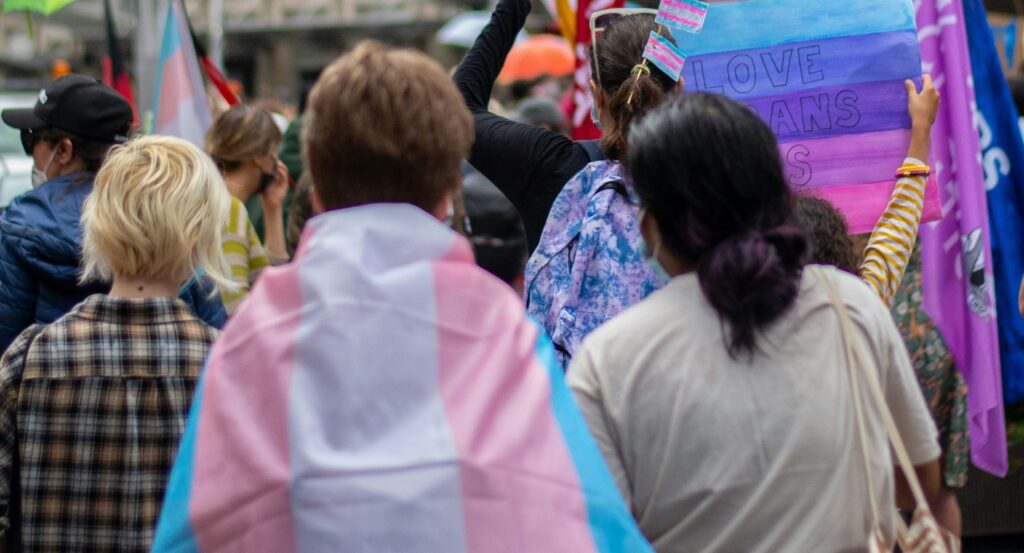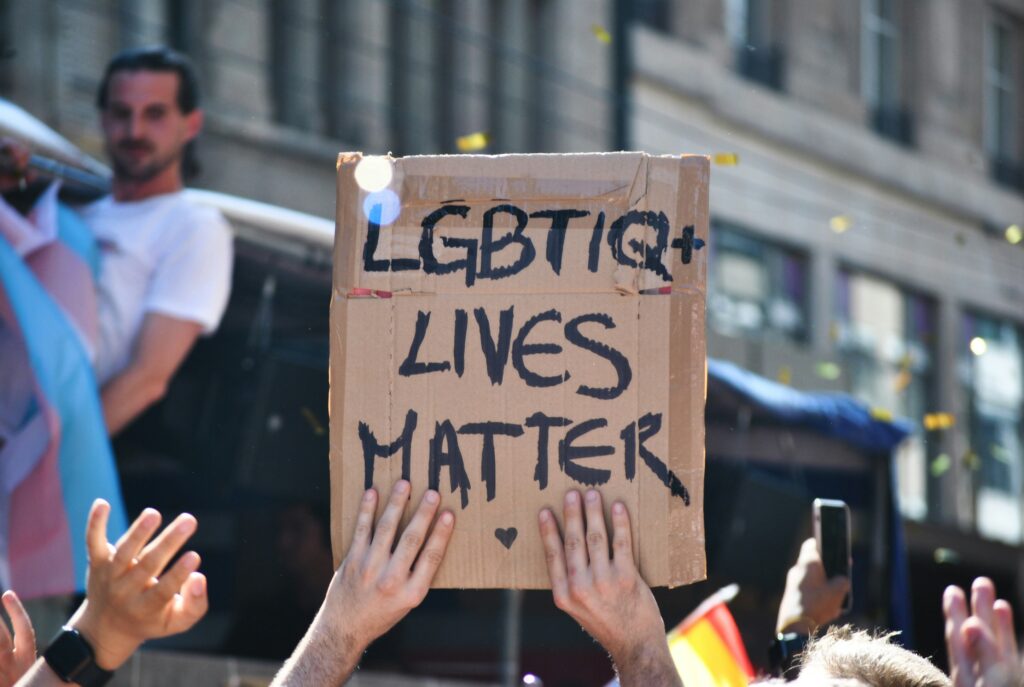New South Wales remains the only state in Australia in which the trans and non-binary community are unable to change the sex on their birth certificate unless they have undergone a sex affirmation procedure. We know that trans and gender diverse people may not be able to undergo sex affirmation procedures for medical or financial reasons, especially because these procedures are not covered by Medicare. Alternatively, some trans people may elect not to undergo a sex affirmation procedure at all, based on their own personal preferences.

This means that many members of the trans community do not have their identity reflected on their birth certificate, which is an extremely important identification document. The current state of the law also makes the harmful suggestion that for one’s identity to be validated, they must undergo sex affirmation surgery, thereby representing a significant barrier to genuine equality.
Recent developments
Despite not being passed in NSW, self-ID legislation has been passed in all other Australian states, most recently by Queensland in 2023. Similar laws have been passed around the world, notably in Ireland, New Zealand, Argentina, Portugal, Norway and Denmark, demonstrating a global interest in allowing the trans community to have their identity reflected accurately on their birth certificates.
In 2023, Jenny Leong MP presented a petition with over 7,000 signatures, demanding that transgender people be allowed to self-ID their legal gender. She notes that the trans community being forced to prove their identity to a Gender Recognition Panel is “humiliating, outdated and unnecessary”, with this process also being expensive and lengthy. These additional and frequently onerous hurdles, amount to indirect discrimination against the trans community and a barrier to self-determination.
The Equality Bill put forward by Alex Greenwich, Member for Sydney, contains measures designed to better the status of the LGBTQIA+ community before the law. Indeed, an open letter signed by groups such as Amnesty International and the Women’s Electoral Lobby, urged the government to commit to passing Mr Greenwich’s Equality Bill, reflecting broad community support for the reforms.
Chris Minns’ recent apology for NSW’s historical anti-LGBTQIA+ laws represented a welcome step toward recognising the trauma that the LGBTQIA+ community has historically faced. However, there is still a long way to go on the path to genuine equality for the LGBTQIA+ community in NSW. It is imperative that the trans and gender diverse community have the right to change their sex on their birth certificate, regardless of whether they have undergone a sex affirmation procedure. This will be a crucial step towards equality and justice for trans and gender diverse people in NSW.

